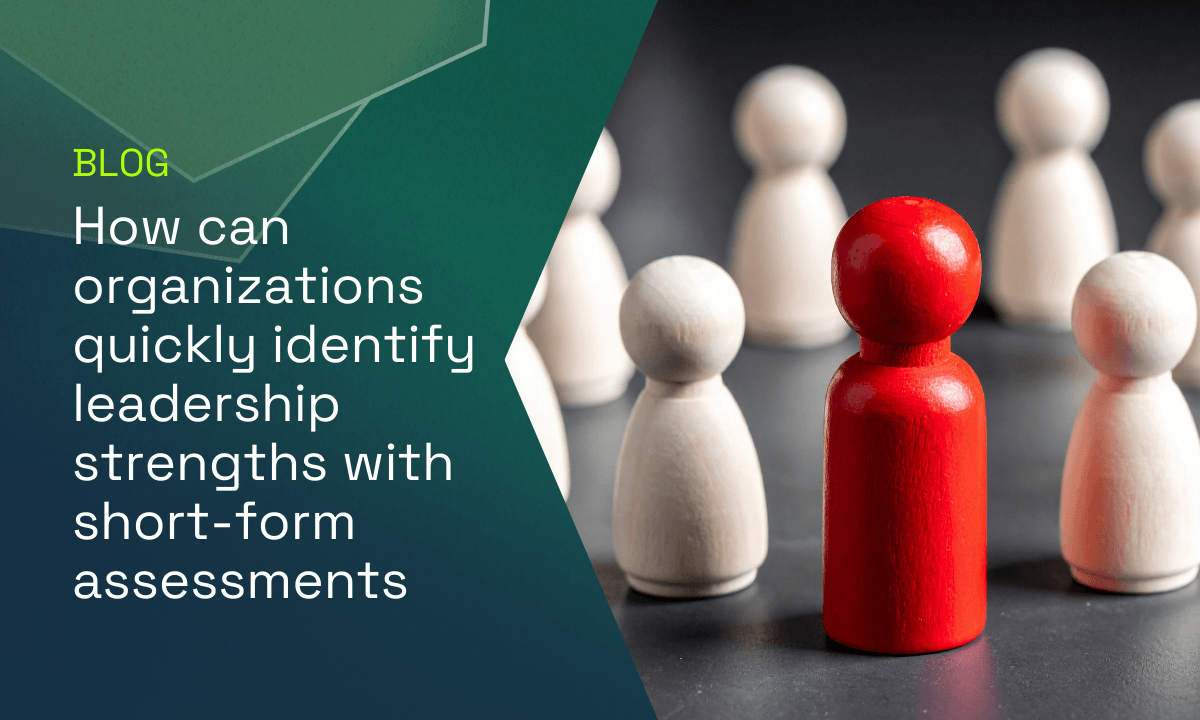How to create successful teams in any organization
What makes some teams soar while others falter? Team dynamics are the critical factors that shape how individuals collaborate, communicate and cooperate with one another towards a common goal.
The post-COVID era indicates a decline in trust among teammates by 41%. This significantly impacts organizational performance and hinders creating a positive work environment where team members respect and support each other with open communication.
How to improve team dynamics in 5 steps
1. Establish clear objectives and roles
Ensure each member understands their responsibilities, contributions and how they align with team goals to avoid any confusion or overlap. This helps in enhancing accountability, where each member understands their duties and obligations, which enables them to focus and not be distracted. Setting clear objectives and roles also helps in effective resource allocation, as the allocation of responsibilities to each employee would be based on their skills and strengths.
2. Foster open communication
Having a transparent communication channel which ensures a seamless flow of information within a team can cultivate a sense of trust among team members. This can be done by encouraging active listening, constructive team feedback, and brainstorming sessions. Managers can gauge communication patterns using reliable employee assessment tools to establish the most effective mode of communication.Updating team members with new developments and ideas and asking for their feedback on the same can be a stepping stone for this.
3. Embrace DEI and cognitive diversity
Team members with different backgrounds, perspectives and experiences can be leveraged to foster innovation and creative problem-solving in significantly less time. Utilizing tools like Deeper Signals can help you gauge the kind of cognitive diversity that your team entails and create an inclusive workplace along with focusing on diversity, equity, and inclusion efforts. Learn more about developing cognitive diversity in the workplace in our blog: “How to build a cognitively diverse team”.
4. Facilitate continuous learning and growth
Invest in professional development opportunities tailored to individual and team needs. For example with the help of executive or leadership coaches. Offer workshops, training sessions, and mentorship programs to enhance skills and promote personal growth. Deeper Signals reports can pinpoint areas for soft skill development, guide targeted learning initiatives and increase workforce performance.
5. Utilize assessment tools to decode Team Dynamics
Incorporate the use of scientifically validated tools, such as personality assessments, team performance evaluations, and feedback surveys. These tools can provide valuable insights into team members' strengths, communication styles, and areas for improvement. By understanding the dynamics at play, teams can tailor their strategies for optimal collaboration and efficiency.

Why are team dynamics important?
Strong team dynamics foster an environment of trust, open communication, and mutual respect, where individuals feel empowered to contribute their unique insights and talents. Conversely, poor team dynamics can lead to conflicts, and diminished morale, hampering progress and stifling innovation.
The significance goes beyond mere interpersonal interactions. Studies indicate that good team dynamics have a significant impact on performance and productivity. Furthermore, a survey revealed that 75% of respondents recognize strong team dynamics to be an indispensable element for attaining overall success for a company.





























